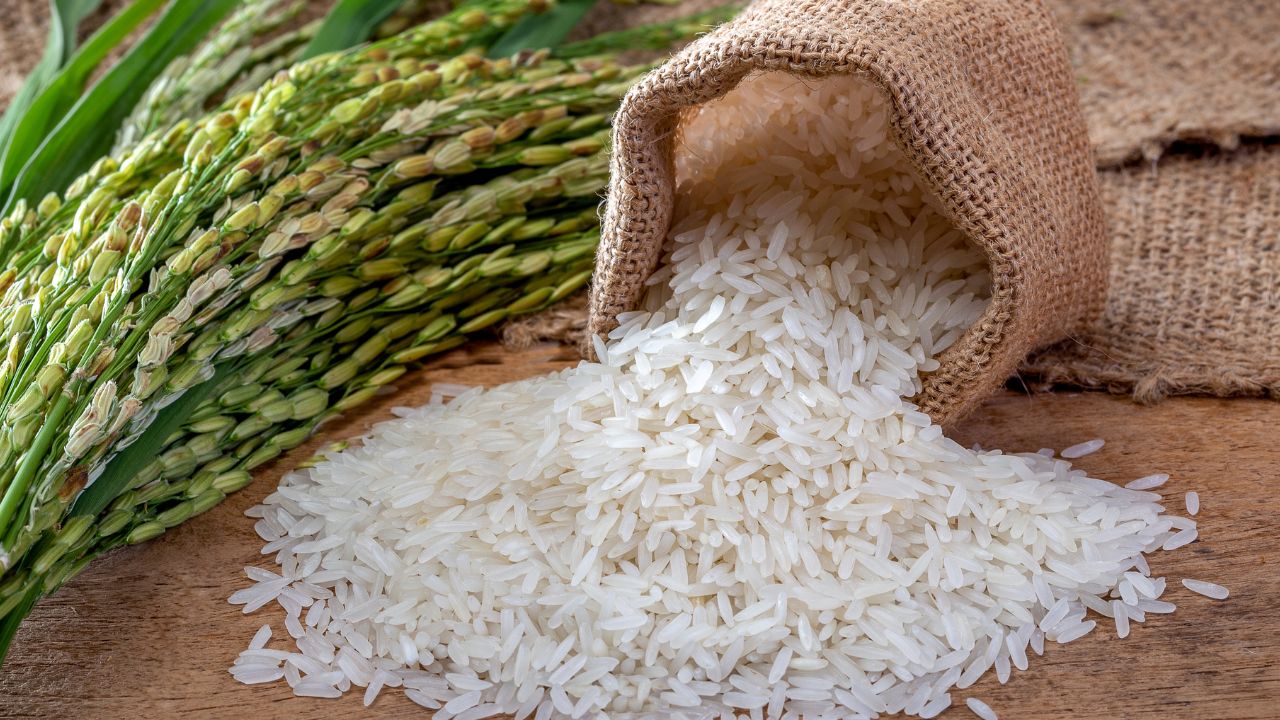P29 rice sold at Kadiwa stores, says DA
MANILA, Philippines — The Department of Agriculture (DA) is rolling out Kadiwa Centers through the Kadiwa Program in Metro Manila, bannered by its sale of rice at P29 a kilo, the Presidential Communications Office (PCO) said on Sunday.
The DA said Kadiwa centers offer rice at P29 per kilo in certain areas, along with other basic necessities and prime commodities such as fish, eggs, onions, garlic, fresh vegetables and fruits at lower prices.
According to the PCO, the sale of rice at Kadiwa stores is aimed at bringing down retail prices of the staple in the country. This effort is supposedly in line with a campaign promise made by President Ferdinand Marcos Jr. to bring down the price of rice to P20 a kilo.
READ: Marcos bares new rice price management plan
The P29-per-kilo rice is available at the ADC Building of the DA central office in Quezon City; Kadiwa Center at the Bureau of Plant Industry in Malate, Manila; Llano Road in Barangay 167, Caloocan City.
Kadiwa Stores may also be found in Amva Housing in Barangay Ugong in Valenzuela City and at the Philippine Fiber Industry Development Authority compound in Las Piñas City.
According to the DA, each household may purchase a maximum of five kilos of rice from Kadiwa centers, subject to supply availability, adding this is influenced by various factors, including transport, packaging and logistics.
The agency expressed optimism that its sale of rice at P29 a kilo will continue as it projects to produce more than 100 million kilos of rice by August this year through a contract farming agreement with Farmers’ Cooperatives Associations.
The DA said about 265 regular Kadiwa stores have been opened nationwide and 119 Kadiwa “pop-up” stores that operate on a scheduled basis to respond to consumer demand.
Kadiwa, which means “of one spirit” in Filipino, is one of the flagship programs of the Marcos administration. It provides venues for farmers, fisherfolk and micro-small-and-medium-enterprises to sell their produce directly to consumers.
